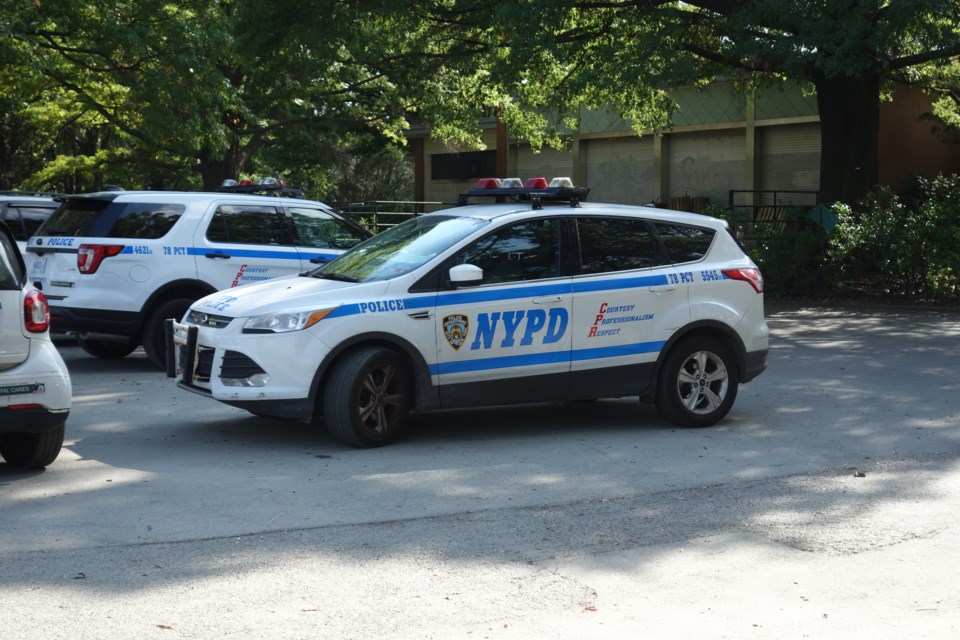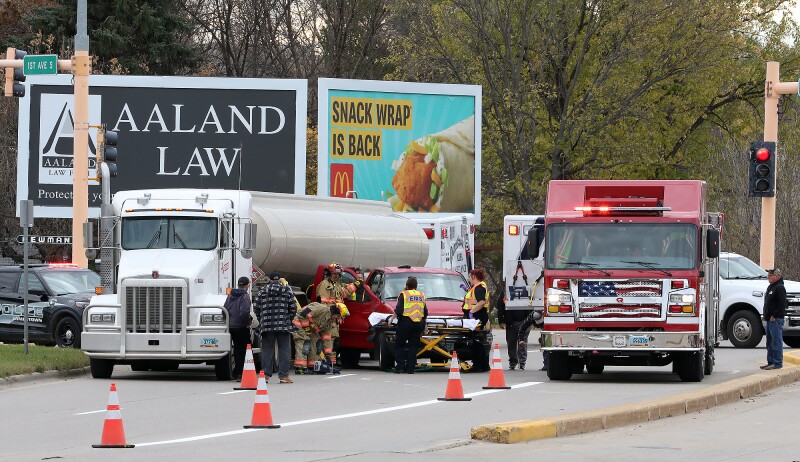UPDATE: The religious crisis in Nigeria has reached a critical level, with millions of Christians facing violence and displacement amid escalating attacks from jihadist groups like Boko Haram. The situation demands immediate attention and action from the international community.
New reports reveal that Nigeria has become the deadliest country for Christians, with the past 16 years seeing a staggering number of Christians and liberal Muslims murdered for their faith. The violence has uprooted entire communities, forcing millions to seek refuge in neighboring countries. This urgent humanitarian crisis is exacerbated by underlying issues such as climate change, political corruption, and economic instability.
The plight of Nigeria’s Christians has often been overshadowed by other global conflicts. Figures like comedian Bill Maher have highlighted the disparity in attention given to such severe human rights violations. As the author, who grew up in the Sahel region, notes, Nigeria was once known for its interfaith harmony, now marred by extremism and violence.
Authorities confirm that the scale of suffering in Nigeria is immense, with more Christians killed for their faith here than anywhere else in the world. The need for humanitarian aid is urgent, as local communities struggle to cope with the consequences of relentless attacks on places of worship and homes.
This crisis requires a multifaceted approach to address both immediate humanitarian needs and the long-term causes of conflict. Experts argue that solutions must target poverty, religious tensions, and the weaponization of faith. Initiatives like those led by World Relief seek to meet both tangible and spiritual needs, fostering social cohesion and building sustainable peace.
International policymakers are beginning to take notice, with recent resolutions emphasizing the necessity of sustained support for affected communities. However, effective action is crucial to ensure that humanitarian aid reaches those in greatest need and that the root causes of conflict are addressed.
The situation in Nigeria is dire and requires a shift in focus from merely reacting to crises to proactively preventing them. As reports continue to unfold, the world must bear witness and act decisively to support the victims of religious persecution in Nigeria.
Next steps: Watch for updates on humanitarian efforts and international responses, as the call for increased attention and long-term strategies grows louder. The need for a collaborative effort to restore peace and security in Nigeria is more pressing than ever.
This developing story continues to highlight the urgent need for global awareness and action in response to one of the most pressing humanitarian crises of our time.







